22 Everyday Foods That Are Toxic to Rabbits
Rabbits might look like they’d nibble anything with a crunch, but their digestive systems are surprisingly picky. Some snacks that seem totally harmless—like grapes or bits of bread—can actually cause serious trouble. This list unpacks the everyday foods that don’t belong anywhere near a bunny’s bowl.
Avocado
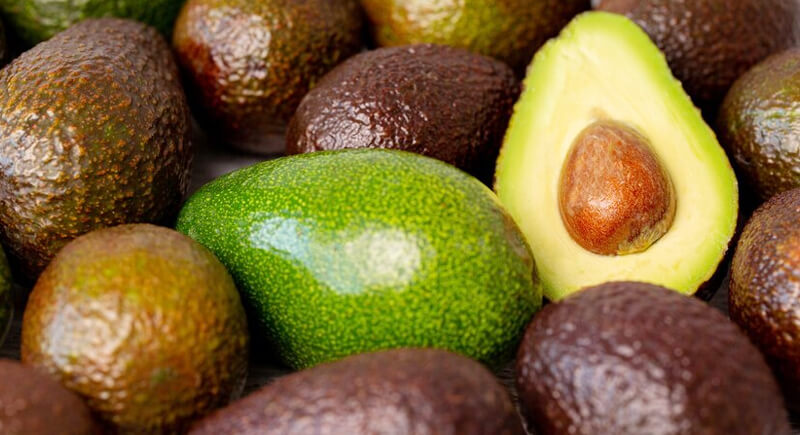
Credit: freepik
Avocados contain a substance called persin, which can affect a rabbit’s heart and lungs. Even a small amount is risky. They’re also high in fat, which they aren’t built to digest. While it’s a go-to health food for humans, it’s one of the worst picks for your bunny.
Chocolate
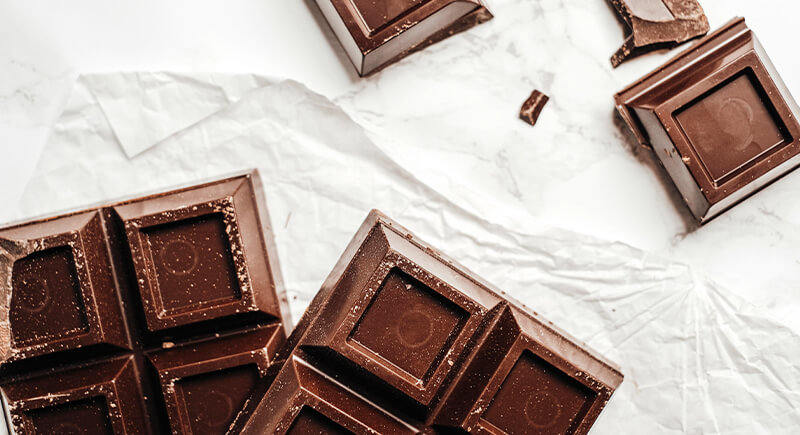
Credit: pexels
Think chocolate is only dangerous for dogs? Rabbits react even faster. It’s the theobromine and caffeine combo that makes it so toxic, overstimulating their heart and nervous system. Symptoms can spiral quickly—seizures, trembling, or worse. Dark chocolate is the worst offender, thanks to its higher theobromine content.
Iceberg Lettuce
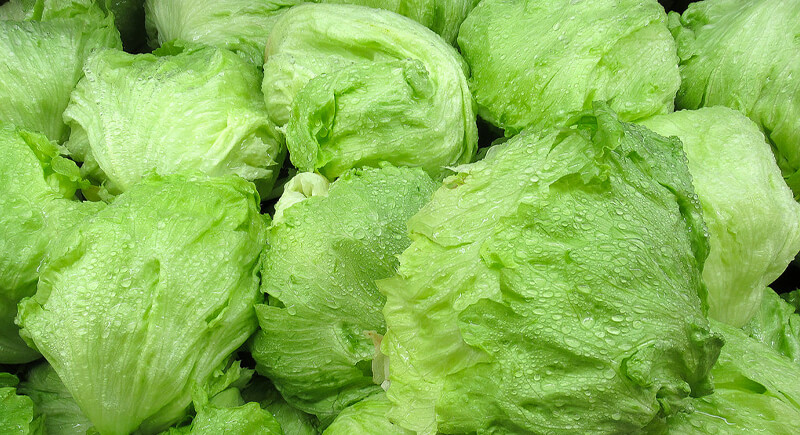
Credit: flickr
It’s crisp, green, and totally misleading. Iceberg lettuce might look like a bunny-approved snack, but it contains lactucarium, which can upset the stomach and lead to diarrhea or lethargy. On top of that, it’s mostly water with barely any nutrients, so it’s a useless snack anyway.
Onions
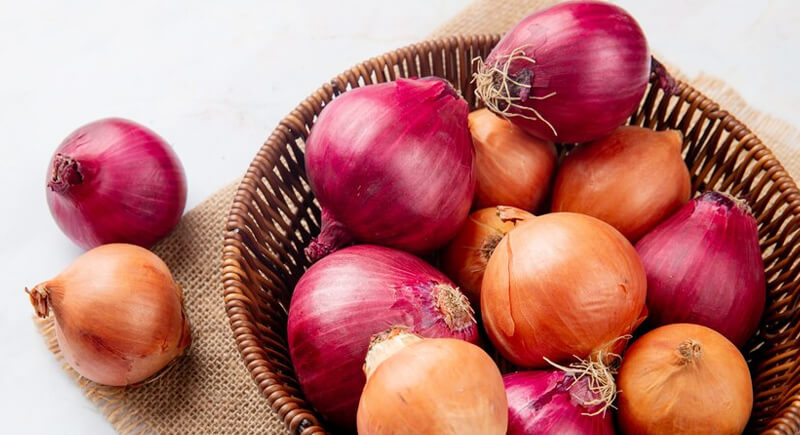
Credit: freepik
Onions might add flavor to human food, but they are seriously harmful to rabbits. The thiosulfates they carry damage red blood cells and lead to hemolytic anemia. Rabbits that eat onions can suffer weakness, dizziness, or worse. Even the smell might irritate sensitive noses.
Garlic
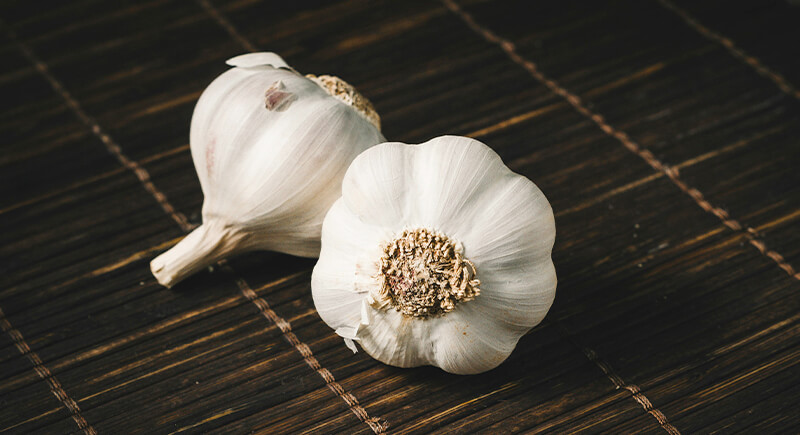
Credit: pexels
Garlic is part of the allium family, a group of plants that is a red flag for rabbits. It is a big no, even in small amounts. It can cause blood abnormalities and upset a rabbit’s stomach, and since rabbits can’t vomit, that’s a big problem. Let garlic stay in the kitchen, far away from rabbit territory.
Bread
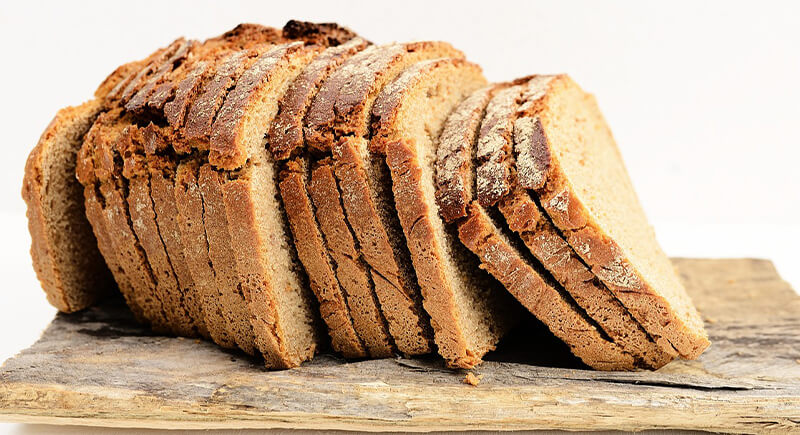
Credit: pixabay
A fluffy slice of bread may seem harmless, but it’s pure trouble for rabbits. Bread is packed with starch and sugar, both of which wreak havoc on a rabbit’s sensitive gut. Rabbits rely on fiber—not carbs—to keep their digestion moving. Giving them bread can slow everything down. Plus, it fills them up without offering any nutrition.
Pasta
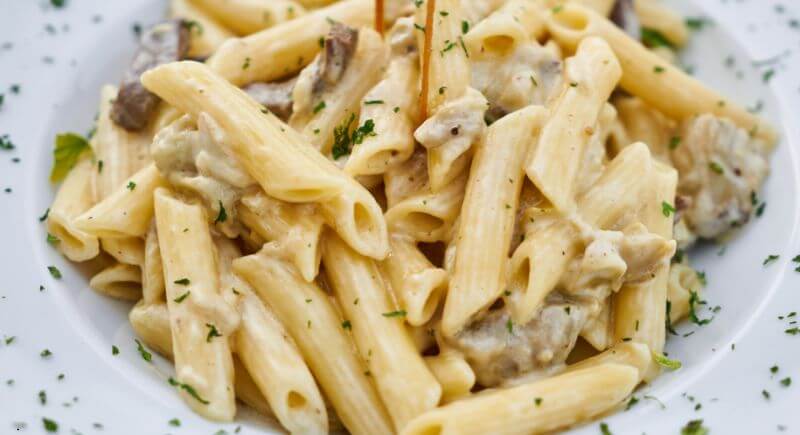
Credit: pexels
Uncooked or cooked, pasta doesn’t belong in a rabbit’s bowl. There’s way too much starch and not enough fiber. Rabbits who snack on pasta can become bloated and uncomfortable. It might be fun to watch a bunny twirl spaghetti in a cartoon, but pasta’s a hard pass in real life.
Yogurt Drops
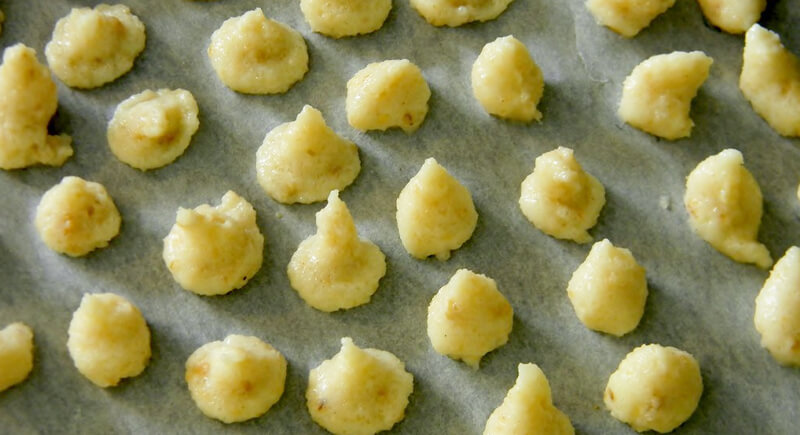
Credit: flickr
Rabbits’ digestive systems can’t handle lactose, and sugar throws off their gut bacteria. This could result in gas, bloating, or worse. Yogurts might look like candy, but they’re more like stomachaches disguised as snacks. Rabbits don’t crave sweets the way people do.
Cheese
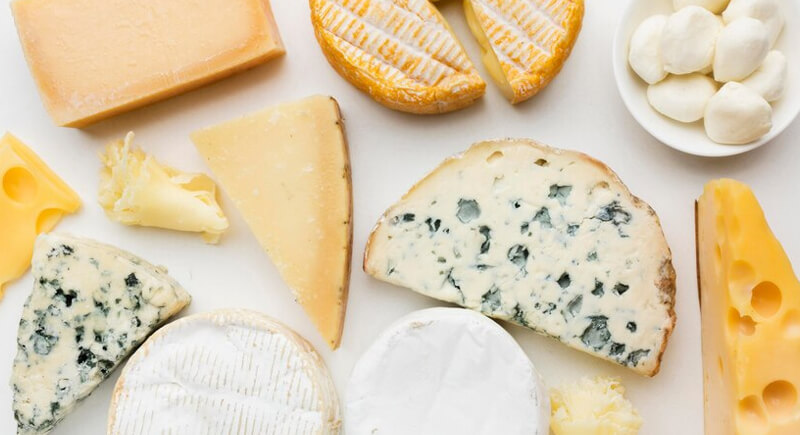
Credit: freepik
Rabbits and cheese are a bad combo. It might seem innocent—after all, cartoons love putting rabbits and cheese together—but dairy is a digestive nightmare for them. Rabbits can’t process lactose, and cheese is also high in fat and salt. That mix leads to tummy trouble fast.
Cereal
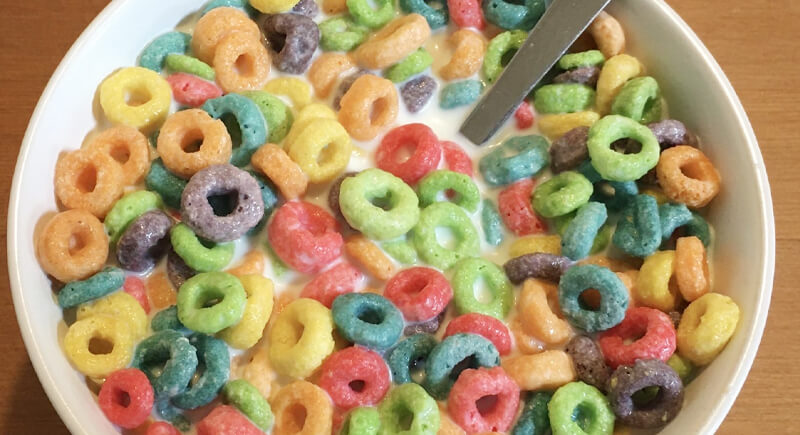
Credit: Wikimedia Commons
A colorful cereal box might be your morning go-to, but rabbits must steer clear. Rabbits thrive on fiber, not processed crunch. Even “healthy” cereal brands sneak in sweeteners or preservatives that can throw off gut bacteria. Plus, those crispy flakes expand with moisture, which leads to bloating.
Potatoes
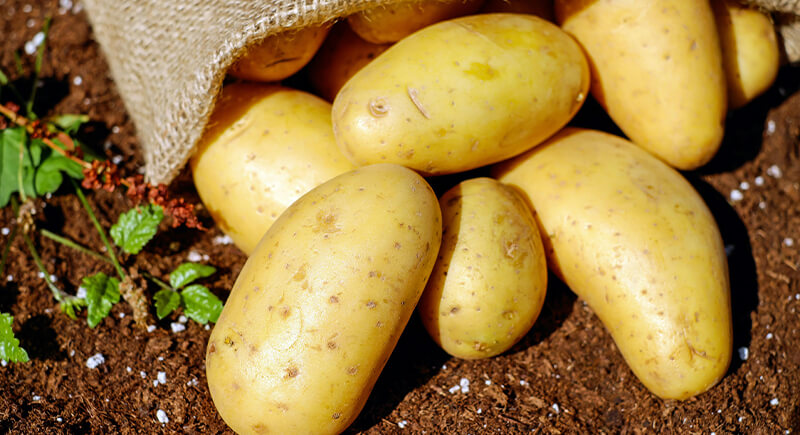
Credit: pexels
Raw potatoes contain solanine, a naturally occurring chemical that’s toxic in large amounts. Even cooked potatoes pack too much starch and too few nutrients. That combo causes weight gain, slows digestion, and even GI stasis—never good news. Plus, rabbits don’t have the enzymes to break down heavy carbs.
Tomato Leaves and Stems
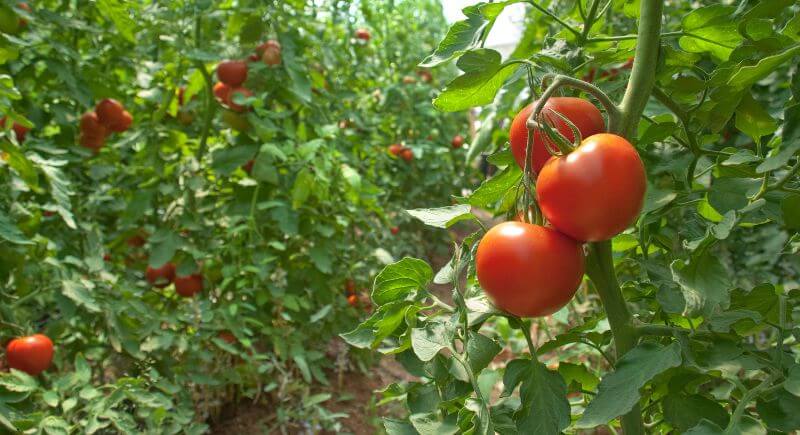
Credit: Getty Images
Tomatoes might be garden gold for salads and sauces, but their leaves and stems are dangerous for rabbits. They contain solanine, the same toxin found in nightshades like potatoes and eggplants. Even a tiny nibble can irritate a rabbit’s digestive system or, worse, affect their nervous system.
Rhubarb
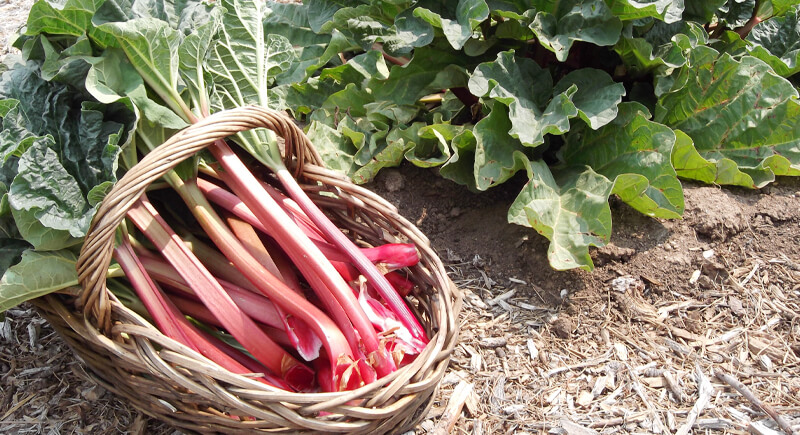
Credit: Wikimedia Commons
Rhubarb’s oxalic acid interferes with calcium absorption and can damage kidneys. That sour crunch humans balance with sugar is way too risky for a rabbit’s clean-eating lifestyle. Even minor bites can cause drooling, bloating, or kidney failure. The leaves are even more toxic than the stalks. And no, cooking doesn’t make it safer.
Mushrooms
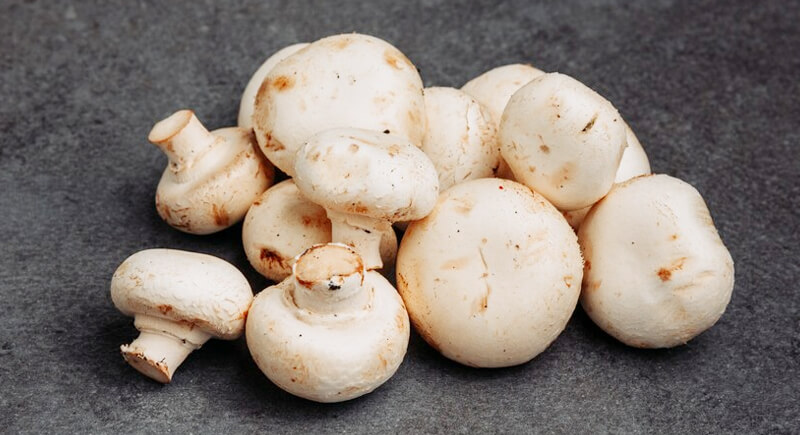
Credit: freepik
While some are edible for humans, many mushrooms contain mycotoxins that can seriously harm rabbits. These sneaky toxins mess with the liver and nervous system, and there’s no easy way to tell the safe fungi from the deadly ones without a microscope and a lab coat. Even store-bought mushrooms are better left off your rabbit’s menu.
Corn
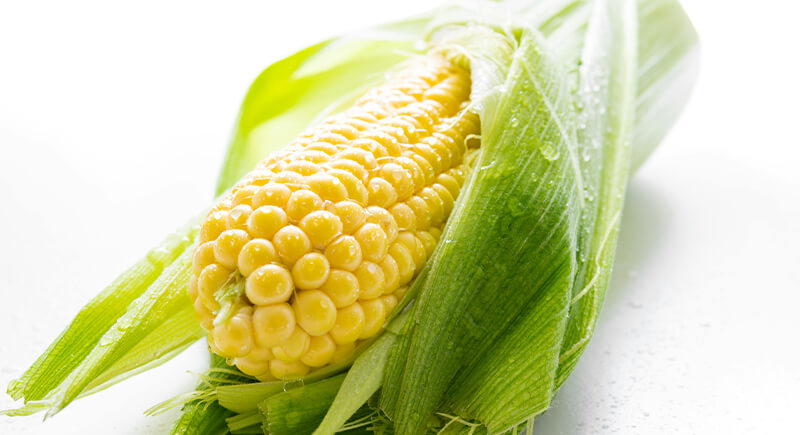
Credit: pexels
Corn is a slow-moving digestive nightmare. The hulls are tough, fibrous, and nearly impossible for rabbits to break down properly. That’s especially risky because rabbits depend on smooth, steady digestion to avoid life-threatening illness. Whole kernels can cause blockages, especially in smaller breeds. Popcorn and fresh corn on the cob are also bad ideas.
Nuts
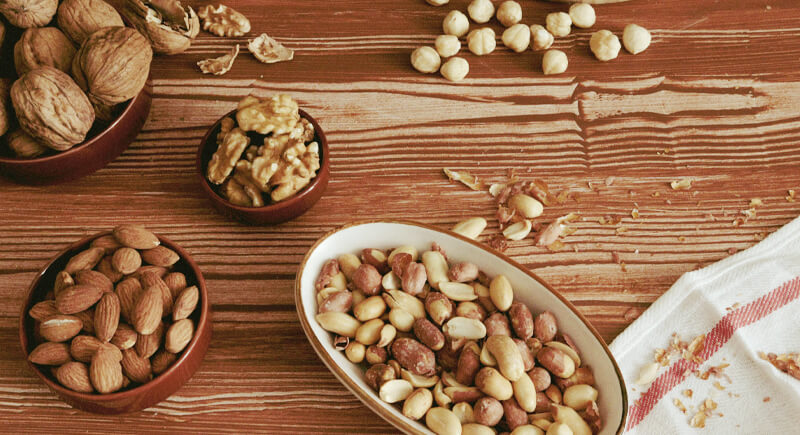
Credit: pexels
Nuts may be heart-healthy for humans, but rabbits don’t need the fat, protein, or calories they pack. Their digestive system isn’t built for processing high-fat foods, and even a few bites can throw things off balance. Almonds, peanuts, cashews—all off-limits. The choking risk is real, especially with whole nuts or nut chunks.
Apples (Seeds Included)

Credit: freepik
Here’s where things get a little tricky. Apple flesh is totally okay in tiny bites. It’s sweet and hydrating, and rabbits tend to love it. But apple seeds? Not even once. They contain cyanogenic compounds that break down into—you guessed it—cyanide. So, if you’re slicing up an apple, permanently remove the core and seeds first.
Peas
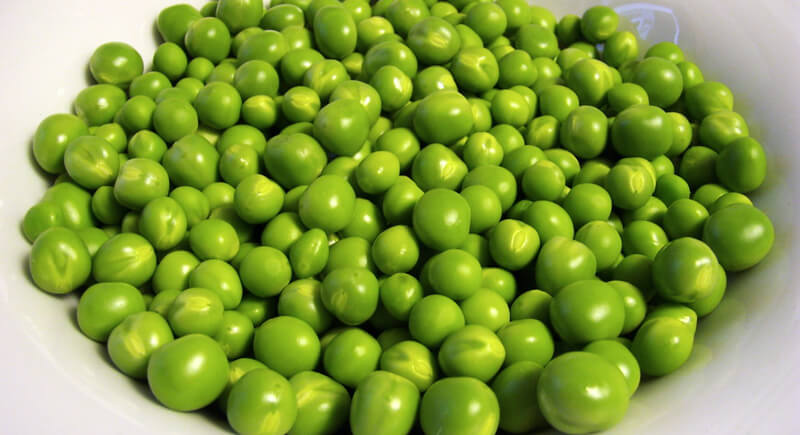
Credit: flickr
Fresh peas come with more sugar and starch than rabbits need. These little green spheres are surprisingly carb-heavy, which means they can mess with a rabbit’s finely tuned digestive rhythm. Snow peas, snap peas, and garden peas all fall into the same “only in super-small amounts” category. They’re fun to squish but better left out of the bowl.
Cauliflower
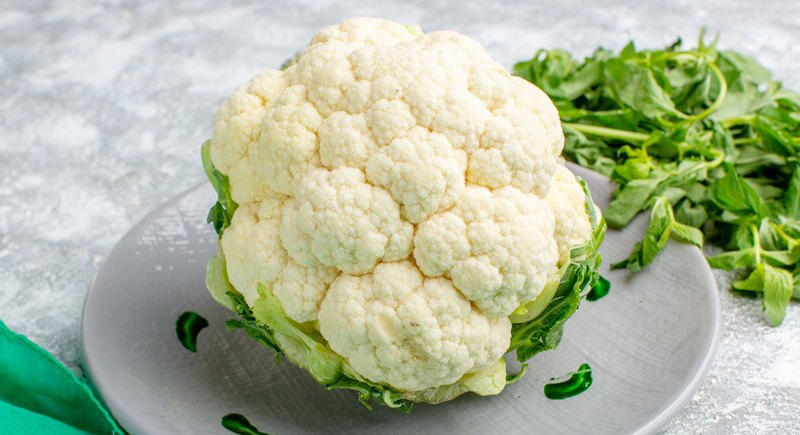
Credit: freepik
Cauliflower is known to cause gas in rabbits, which can be painful since rabbits can’t pass gas easily. Whether raw or cooked, it’s likely to cause more harm than good. Sure, it’s packed with vitamins, but the risk outweighs the benefit. If you’re looking for variety, choose gentler veggies.
Cabbage
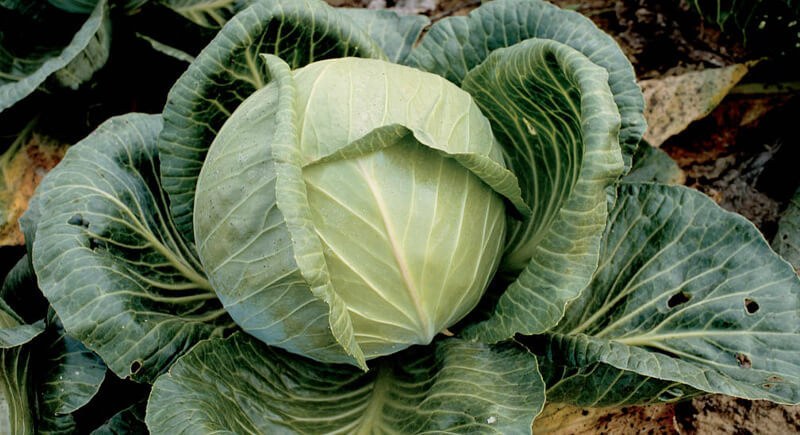
Credit: flickr
Too much cabbage in a rabbit’s diet is like tossing a fizzy soda into a delicate machine. It ferments quickly in their digestive system and leads to bloating and painful gas. Green, red, Savoy—cabbage of all kinds has this effect, especially when overfed. Some rabbit owners offer it occasionally in small amounts, but even then, it’s a risky treat.
Grapes & Raisins
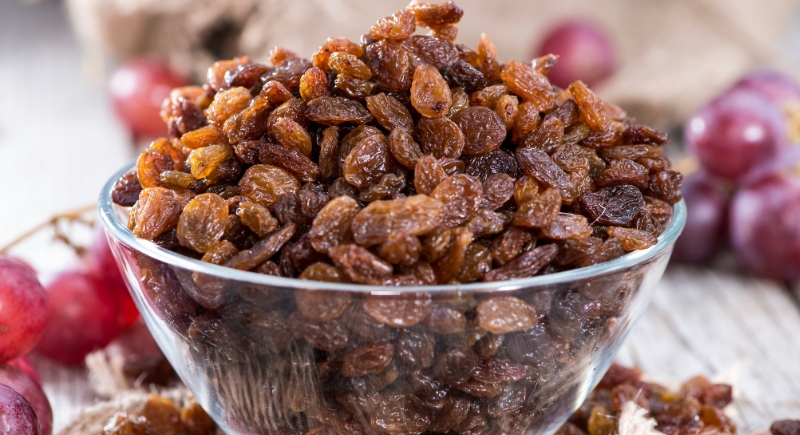
Credit: Getty Images
Grapes and raisins may look like harmless treats, but rabbits struggle with sugary foods. Their digestive systems are built for fiber, not concentrated natural sugars. Too much can upset gut bacteria and trigger painful digestive slowdown. What seems like a tiny snack can quickly turn into bloating, diarrhea, and a very uncomfortable bunny.
Any “Human” Junk Food
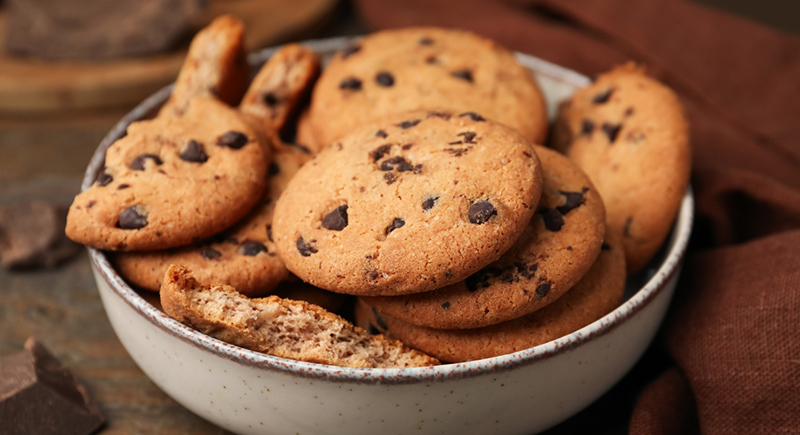
Credit: Africa Images
Chips, cookies, cereal, or anything processed for people should never end up in a rabbit bowl. These foods are packed with salt, sugar, and fats their bodies are not designed to handle. Even small amounts can throw off digestion and lead to obesity, gut issues, and serious long term health trouble.